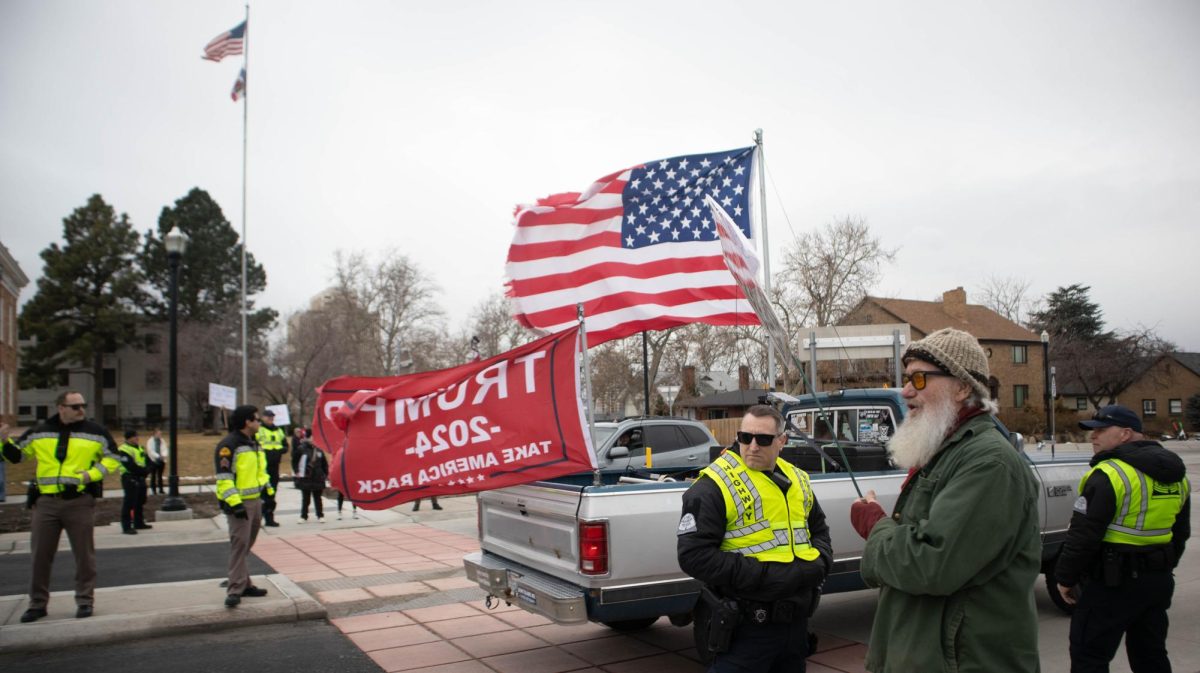This week found New Jersey governor and presidential hopeful Chris Christie in hot water. The governor was accused of closing a major roadway between New York and New Jersey as a punitive measure against Mark Sokolich, mayor of Fort Lee. Sokolich chose not to endorse Christie for re-election to governor, so the largest roadway in his jurisdiction was reduced from three lanes to one. Christie denied all responsibility, saying this move was “abject stupidity” and proceeded to weed out the guilty members of his staff. The deputy chief of staff, Bridget Anne Kelly, was immediately fired, and several other affiliates are under investigation.
Now that the situation has been summarized, the greasy pettiness of all involved rises to the top of the hot water the Christie campaign now finds itself in. Regardless of Christie’s explicit role within the closure, it was his staff that ordered the DOT hit, and as such, he is responsible.
Two things can be gleaned from this: Politics are just as bad as the worst of expectations would indicate. Christie’s last opponent, Barbara Buono (D), said he was “the worst combination of bully and bossism” and had cited the lane closures as evidence of her accusation. Perhaps she should have yelled more loudly. The difficulty that arises from the bridge scandal is that it would appear that this incident is simply another knot in the tapestry of political privilege and perjured pettiness within the plateau of domestic politics. “He said” and “she said” seem to rule the headlines. All the while, the nation is reeling from debt, dueling with unemployment and trying to hold financial crisis at arm’s length.
While this is a particularly interesting example, it is only one that was brought to the surface. Surely things like this happen all the time, and we just aren’t aware of them. Another example could be state governments choosing not to recognize marriages performed a whole week earlier after being cleared by a federal judge. The abuse and privilege of position is as much a problem as partisanship, and could be the underlying disease that has our nation’s problems as symptoms.
The second thing that can be learned is a vital revelation for all companies, campaigns and people in general: Your people represent you. Whether or not Christie pulled the trigger on the bridge closure, that fact becomes irrelevant when the headline reads “Christie staff closes bridge.” You can effectively delete the word ‘staff’ from that statement, and people would read it the same way.
Another prime example of this is Utah’s current tumult on gay marriage. Did Gov. Herbert have the right to organize an appeals committee and process? Certainly. Did he have the right to ask for a stay on procedure? Surely. Did his entire effort get thrown into the caustic shadows of ignorance and idiocy when the attorney general waited a full week to do those perfectly natural things? Yes. Appearance is everything within politics and business, and if it appears that you don’t know what you’re doing, then you effectively don’t. Regardless of expertise, experience or enlightenment, corporations and people in general are only as proficient as they appear to be.
Did Christie organize the bridge closure? We may never know, but in the end, it doesn’t really matter, because it appears he did.













